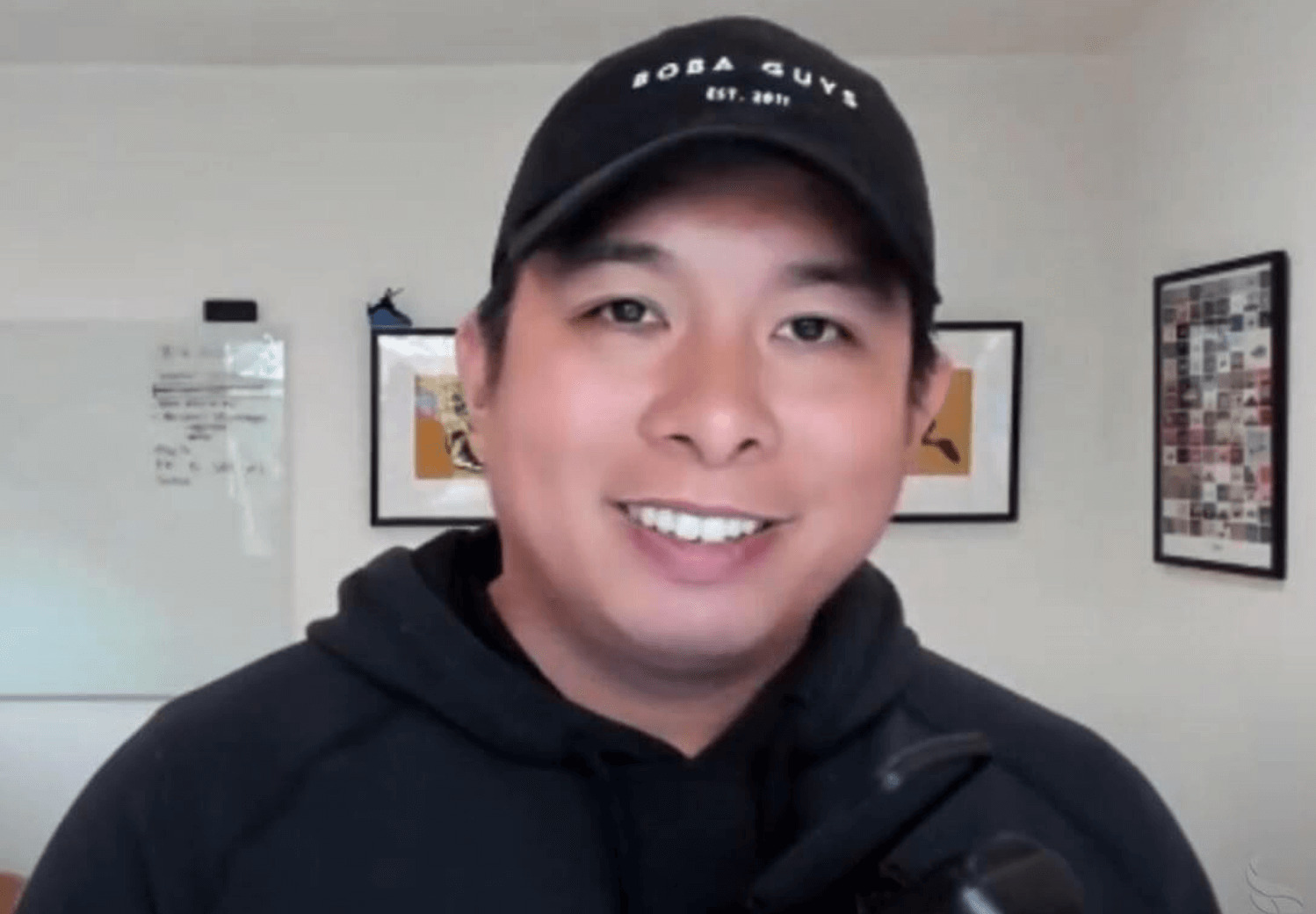It’s incredibly important. I think it’s probably the most important aspect of a leader because you need to understand not just what you want to portray to the people you’re leading, but also how they are perceiving you. And you need to understand your shortcomings. And I think the biggest enabler of incredible self-awareness is a statement that I try to say many times a day, that took me a very long time to feel comfortable with, and that’s “I don’t know.”
I think you have a lot of leaders, especially when you look at, like, let’s just take a step back. When you look at what a stereotypical leader looks like in history, you’re thinking, middle-aged, white guy, that’s Type A, right? And you have generations of leaders, whether you’re white or not looking at that archetype and saying, “I need to be that.” And that archetype is not going to say, “I don’t know.” That archetype is going to say, “I know,” even when they don’t, with the confidence and bravado that instills and inspires people to say, “I’m going to go follow them,” even when they’re wrong.
And we’ve seen in history so many times that those leaders have been wrong in so many different ways. And I do think that the more that we can say, “I don’t know,” the more that we can say, “I don’t know, but I’m going to find the answer,” or “Please help me find the answer,” you empower more people to be on the journey with you in an empathetic way, versus them blindly saying, “Well, they seem like they know all the answers,” right?
We don’t know all the answers, we don’t. I don’t know all the answers. I probably never will. But I will promise you this, I will strive to find all the answers with you. I will strive to empower you to help me figure out what I don’t know. And I think we’re all on this journey together. Some people are further along, some people are just starting. But knowing that there is no finish line to that journey, is that one of the biggest unlocks for a leader to say “I don’t know.”




